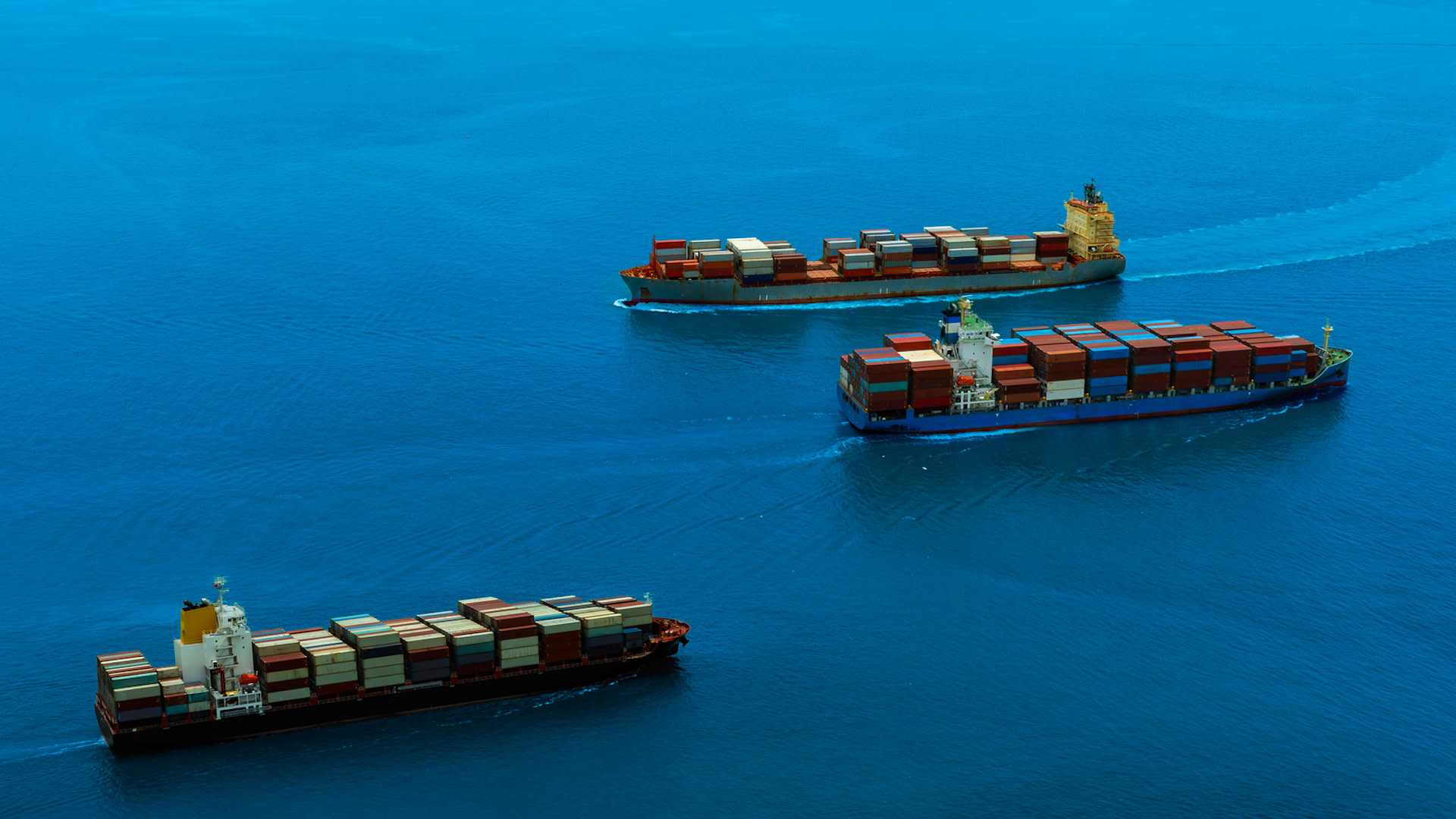Milestone Deal in Shipping Industry: Transition to Cleaner Fuels Required
Key Ideas
- International Maritime Organization mandates commercial shipping companies to switch to cleaner fuels or face fines up to $380 per ton of polluting gases.
- Options like e-ammonia, e-hydrogen, and e-methanol offer environmentally friendly alternatives for vessels.
- Companies like Yara and Purus Maritime are investing in clean energy solutions like ammonia, hydrogen, and methanol for their ships.
- The deal aims to reduce health risks associated with toxic ship emissions and preserve marine biodiversity and ecosystems.
After nearly a decade of negotiations, the UN's International Maritime Organization has reached a groundbreaking agreement on combating polluting gases from ships. The deal requires large international vessels to transition to cleaner fuels or face fines, making the shipping industry the first with internationally mandated emission reduction targets. Various cleaner fuel options such as e-ammonia, e-hydrogen, and e-methanol are available for ships, with companies like Yara and Purus Maritime already investing in these alternatives. This move not only addresses the industry's 3% contribution to global heat-trapping gases but also aims to improve human health by reducing respiratory and cardiovascular risks. Economist Impact highlights the importance of reducing polluting gases in protecting marine biodiversity and restoring ecosystems. While hailed as a significant step, industry experts like Jesse Fahnestock emphasize the need for further actions. Individuals are encouraged to advocate for stricter shipping industry rules and consider investing in companies developing sustainable fuel sources and eco-friendly ships.
Topics
Maritime
Clean Energy
Sustainability
Carbon Emissions
Alternative Fuels
Economic Impact
Shipping Industry
Environmental Regulations
Health Impact
Latest News
